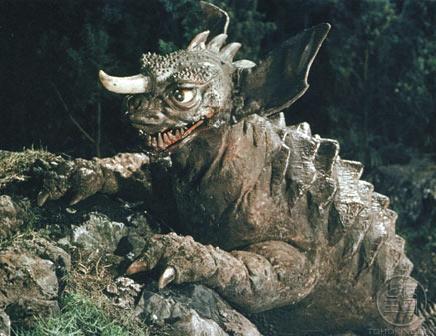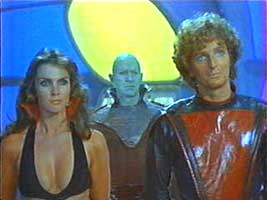It's standard practice to judge that franchises only get worse with the addition of more sequels/reimaginings/reboots, but the
Batman franchise violently rebuked this in 2005 with Christopher Nolan's
Batman Begins, and even moreso with its 2008 sequel
The Dark Knight. Finally, Tim Burton's 1989 take on the Batman mythos had a challenger. But while the scale of Nolan's Batman films is much grander, Burton's film has a strange blend of comic book style and realism that feels very natural for a Batman story. And of course,
The Dark Knight sparked a debate about who was the best Joker - Jack Nicholson's chuckling gang boss or Heath Ledger's anarchist psychotic. Sadly these days, the campy glory of Cesar Romero is discounted. These two Jokers are clearly very different, and it would be very difficult to transpose either one to the other film and have it feel appropriate. Nicholson's Joker is a mobster with a sense of humour, acting much more like the public perception of the Joker as the Clown Prince of Crime, and generally being incredibly funny while being extremely sinister. However, while he is clearly insane, he retains a calculating intelligence and a swaggering confidence, though sometimes he does seem less like the Joker, and more like Jack Nicholson. Ledger's Joker is quite a different kind of animal - he is utterly terrifying in his seemingly random and horrendous acts of violence. This is not to say that Ledger's Joker isn't funny, it's just that it's a nervous laughter, the kind you offer to a gregarious lunatic with a hunting knife in his hand. This Joker is smart too, but he seems to be making things up as he goes along (although many of his morality play gambits take a slightly unrealistic amount of forward-planning). Nicholson has certainly lost his place as the undisputed King of Jokers, but arguments can be made both ways on this issue. Conversely, I would argue that Michael Keaton outshines Christian Bale as Bruce Wayne and Batman, not by much, but Keaton's portrayal is far more subtle, and (as Batman) even more intimidating than Bale, even with the gravel-gargling Bale Batman-voice. This is still a very entertaining film, and will always shine out as both one of the best Batman films, and one of the best superhero films.
 Let's overlook Batman's incredible body count in the film.
Let's overlook Batman's incredible body count in the film.







